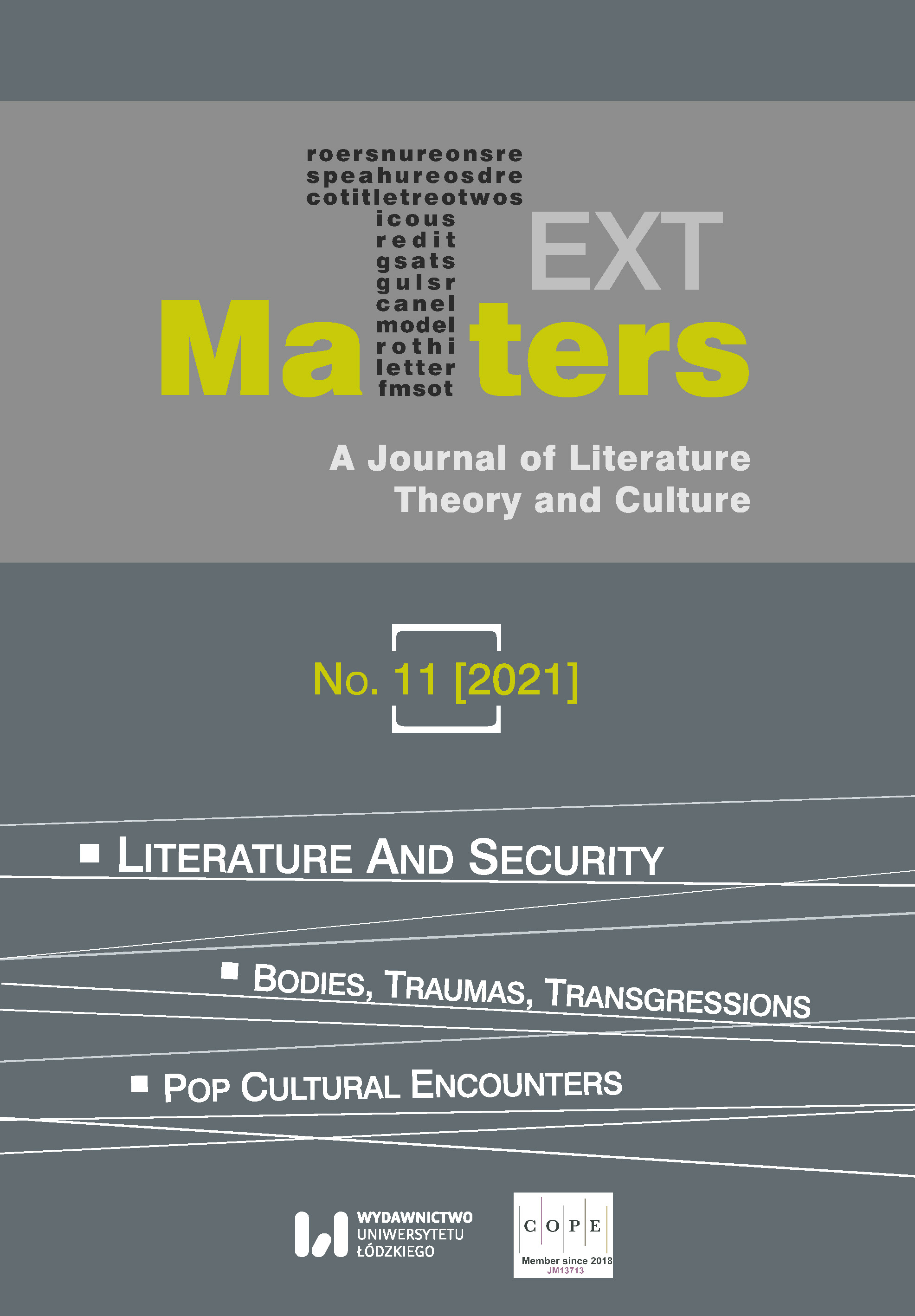Northern Ireland’s Interregnum. Anna Burns’s Depiction of a (Post)-Troubles State of (In)security
Northern Ireland’s Interregnum. Anna Burns’s Depiction of a (Post)-Troubles State of (In)security
Author(s): Ryszard BartnikSubject(s): Studies of Literature
Published by: Wydawnictwo Uniwersytetu Łódzkiego
Keywords: divided society; Anna Burns; (post-)Troubles Northern Ireland; society-politics-fiction; a sense of (in)stability/(in)security in contemporary Northern Ireland
Summary/Abstract: This paper aims to present the main contours of Burns’s literary output which, interestingly enough, grows into a personal understanding of the collective mindset of (post)-Troubles Northern Ireland. It is legitimate, I argue, to construe her fiction (No Bones, 2001; Little Constructions, 2007; Milkman, 2018) as a body of work shedding light on certain underlying mechanisms of (post-)sectarian violence. Notwithstanding the lapse of time between 1998 and 2020, the Troubles’ toxic legacy has indeed woven an unbroken thread in the social fabric of the region. My reading of the novelist’s selected works intends to show how the local public have been fed by (or have fed themselves upon) an unjustified—maybe even false—sense of security. Burns, in that regard, has positioned herself amongst the aggregate of writers who feel anxious rather than placated, hence their persistence in returning to the roots of Northern Irish societal divisions. Burns’s writing, in the above context, though immersed in the world of the Troubles, paradoxically communicates “an idiosyncratic spatiotemporality” (Maureen Ruprecht Fadem’s phrase), namely an experience beyond the self-imposing, historical time limits. As such, it gains the ability to provide insightful commentaries on conflict-prone relations, the patterns of which can be repeatedly observed in Northern Ireland’s socio-political milieu. Overall, the main idea here is to discuss and present the narrative realm proposed by Burns as (in)determinate, liminal in terms of time and space, positioning readers between “then” and “now” of the region.
Journal: Text Matters: A Journal of Literature, Theory and Culture
- Issue Year: 2021
- Issue No: 11
- Page Range: 64-83
- Page Count: 20
- Language: English

